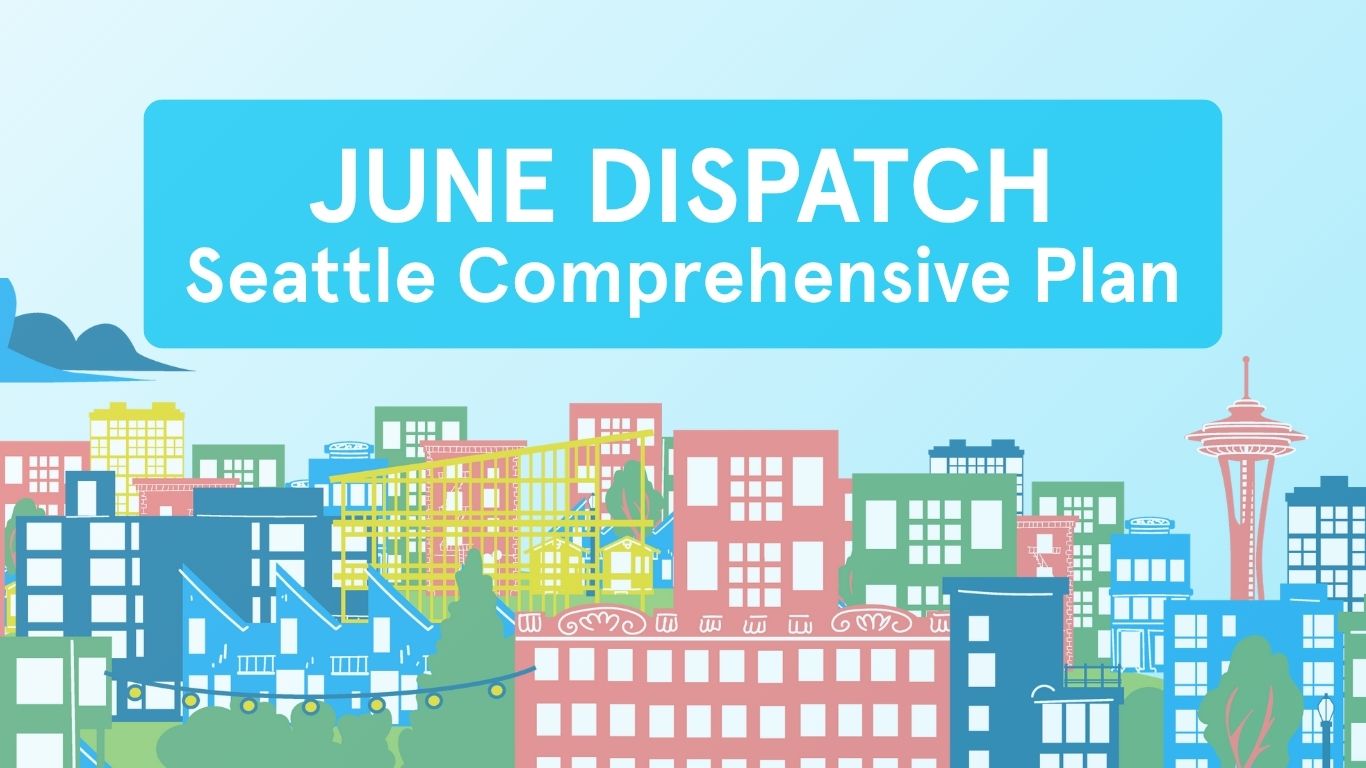Legislative Update – April 19, 2019
While we wait for our priority bill, HB 1923 to make it out of the Senate after some minor language changes, here’s an update on the status of some of the other bills we have been supporting in Olympia in the last few weeks:
The HEAL Act (HB 2009) cleared a hurdle this week, but still needs a vote in the Senate. This is the bill that would create a uniform definition of environmental justice, and would require agencies to center impacted communities in their policy and program work.
In another win for state-wide racial equity, HB 1584 passed both houses this week. The bill would require Regional Transportation Planning Organizations (RTPOs, the agencies that distribute federal transportation funds to local jurisdictions) to allow Tribes as voting members. The Tribes, Futurewise and other partners have been working on this issue for close to a decade, and so it’s great to see progress on bringing equity to voices around the tables that make critical transportation investment decisions.
There are also several pieces of orca task force legislation moving forward after passing both houses, including HB 1579, which would authorize the Department of Fish and Wildlife (DFW) to serve stop work orders for violations of hydraulic project approvals (HPAs are for projects that are built in or adjacent to waters of the state, including Puget Sound) that may cause significant harm to fish life, and would changes the civil penalty for violations of the hydraulic code from $100 per day per violation to $10,000 per violation – a very positive step for the strength of this enforcement tool.
Lastly, in another important win for orcas – and Puget Sounds health in general – HB 1578, requiring tug escorts for oil vessels of certain sizes in Puget Sound, also passed both chambers this week. We have supported this legislation in coordination with our partners in the Environmental Priorities Coalition.
Next week, we’ll hopefully be able to share more about the status of HB 1923. We have worked hard to support and shape HB 1923 in accordance with our urban growth strategy goals and values: advancing equitable, affordable in-fill development in cities that offer access to opportunity and frequent transit service. On balance, Futurewise supports the bill as making an important first step towards achieving these goals, knowing that few significant changes are likely before a final senate vote this week. However, we have reservations about the weakness of some of the bill’s policy provisions, and the exemptions from administrative and judicial appeals under SEPA and the GMA.
As we look forward towards supporting the overall goals of HB 1923 with our partners in future years, there are two areas where we would like to see changes.
1) We support permanent revisions to GMA Housing Element policies that require cities to affirmatively further fair housing, and requirements that cities consider and plan for anti-displacement policies and programs that will protect vulnerable populations, as opposed to the current bill which makes those provisions optional.
2) We oppose the exemptions from administrative and judicial appeals under SEPA and the GMA in this bill, because they limit accountability to the affected communities and set concerning precedents for other more environmentally impactful land-use actions.


